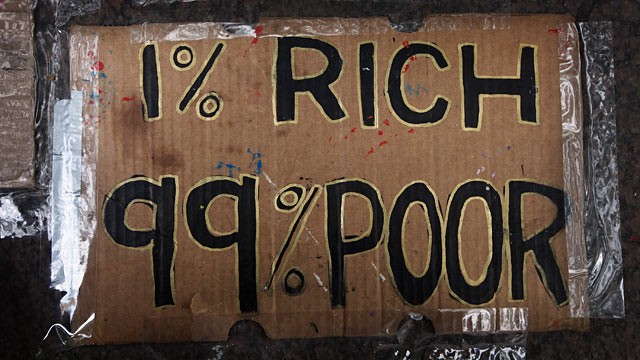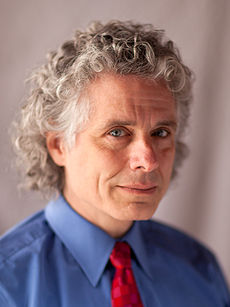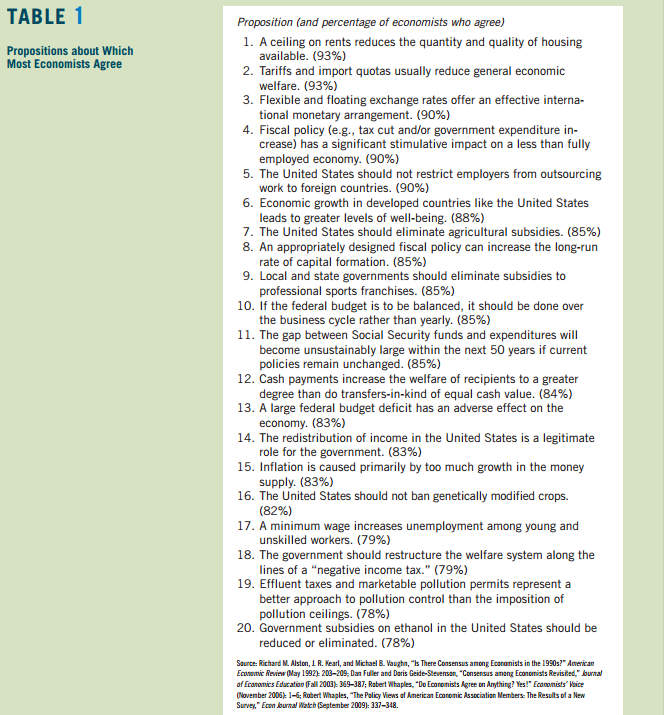
There’s been one underlying basic fallacy in this whole set of social security and welfare measures, and that is the fallacy – this is at the bottom of it – the fallacy that it is feasible and possible to do good with other people’s money. That view has two flaws. If I want to do good with other people’s money, I first have to take it away from them. That means that the welfare state philosophy of doing good with other people’s money, at it’s very bottom, is a philosophy of violence and coercion. It’s against freedom, because I have to use force to get the money. In the second place, very few people spend other people’s money as carefully as they spend their own. – Milton Friedman
A recent article in The Washington Post looks at the love affair between Millennials, Bernie Sanders, and the polarizing term “socialism.” The Cato Institute’s Emily Ekins explains,
Millennials are the only age group in America in which a majority views socialism favorably. A national Reason-Rupe survey found that 53 percent of Americans under 30 have a favorable view of socialism compared with less than a third of those over 30. Moreover, Gallup has found that an astounding 69 percent of millennials say they’d be willing to vote for a “socialist” candidate for president — among their parents’ generation, only a third would do so. Indeed, national polls and exit polls reveal about 70 to 80 percent of young Democrats are casting their ballots for presidential candidate Bernie Sanders, who calls himself a “democratic socialist.”
Ekins makes a couple of important observations:
- “[M]illennials tend to reject the actual definition of socialism…”[ref]Italics mine.[/ref]
- Countries like “Denmark aren’t socialist states (as the Danish prime minster has taken great pains to emphasize)…” In fact, Denmark “outranks the United States on a number of economic freedom measures such as less business regulation and lower corporate tax rates…”[ref]Will Wilkinson relies on the high amount of economic freedom in some of the Nordic countries to make a libertarian case for Bernie Sanders.[/ref]
But the real question is whether or not this youthful infatuation with socialistic policies will last. Ekins provides reasons to think not:
There is some evidence that this generation’s views on activist government will stick. However, there is more reason to expect that support for their Scandinavian version of socialism may wither as they age, make more money and pay more in taxes. The expanded social welfare state Sanders thinks the United States should adopt requires everyday people to pay considerably more in taxes. Yet millennials become averse to social welfare spending if they foot the bill. As they reach the threshold of earning $40,000 to $60,000 a year, the majority of millennials come to oppose income redistribution, including raising taxes to increase financial assistance to the poor. Similarly, a Reason-Rupe poll found that while millennials still on their parents’ health-insurance policies supported the idea of paying higher premiums to help cover the uninsured (57 percent), support flipped among millennials paying for their own health insurance with 59 percent opposed to higher premiums. When tax rates are not explicit, millennials say they’d prefer larger government offering more services (54 percent) to smaller government offering fewer services (43 percent). However when larger government offering more services is described as requiring high taxes, support flips and 57 percent of millennials opt for smaller government with fewer services and low taxes, while 41 percent prefer large government.
If previous generations are any indication (“both baby boomers and Gen Xers grew more skeptical of government over time”), the Millennial approval of big government may dwindle when they start having to pay for the programs they advocate. But an even greater takeaway–in connection with the notion that the world is getting better–is that “college students today are not debating whether we should adopt the Soviet or Maoist command-and-control regimes that devastated economies and killed millions. Instead, the debate today is about whether the social welfare model in Scandinavia (which is essentially a “beta-test,” because it hasn’t been around long) is sustainable and transferable.” In other words, “in the 20th-century battle between free enterprise and socialism, free enterprise already won.”
 In honor of the Easter season, I read through
In honor of the Easter season, I read through 

 Regular readers of Difficult Run know that research on marriage and family structure is a
Regular readers of Difficult Run know that research on marriage and family structure is a 




